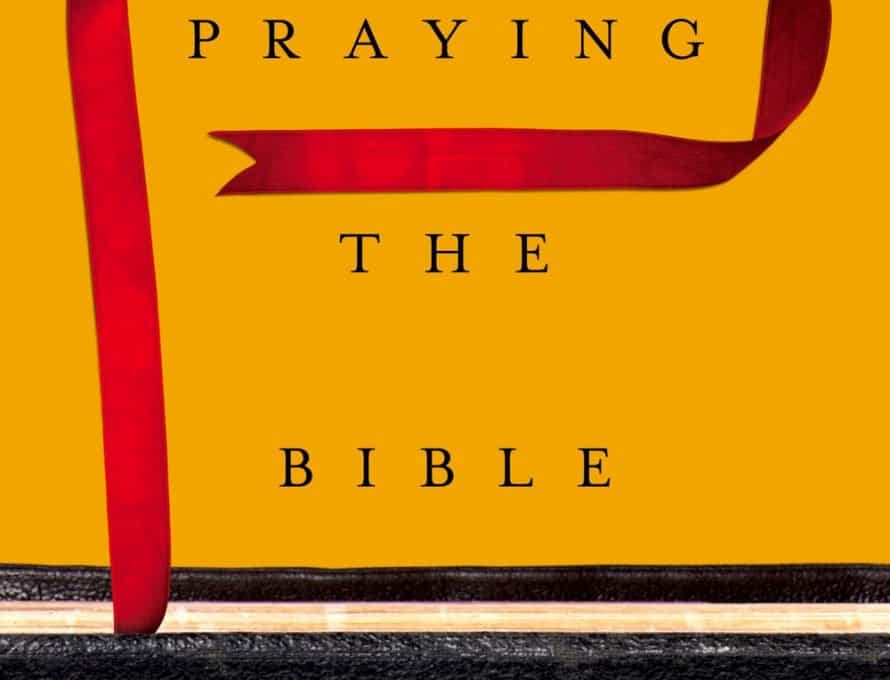Prayer is talking with God, and as Christians we have the unimaginable privilege of talking with God whenever we want to because Jesus Christ has granted us access to the Father. The Holy Spirit continually moves us to pray and grants us the assurance that our Heavenly Father wants to hear from us. As those in Christ we get to experience the joy, peace, and glory that come with prayer. We get to experience the grace of answered prayer and the wonder of seeing God work in us and around us as we communicate with him.
Yet almost every Christian struggles to consistently pray. We don’t always feel like praying, and even when we do it’s easy to bore ourselves after a few minutes, to find our mind wandering, or just not know what to say after a while. Then we get discouraged about feeling this way, begin to wonder if God really wants to hear from us, and start to think there must be something wrong in our relationship with God. Don Whitney, Professor of Biblical Spirituality at the Southern Baptist Theological Seminary, wrote Praying the Bible to help Christians overcome this struggle and the guilt that comes with it.
Whitney maintains that the reason so many Christians get bored or discouraged when they pray is not because there is something wrong with them, but because there is something wrong with their method. We tend to pray the most about the most important things in our lives, such as our families, future, finances, work, Christians; concerns such as our church or ministry involvement, and current crises in our lives. According to Whitney that is normal and good, we are called to pray about our lives, and our lives are made up of those things. The problem is not that we pray for the same old things, but that we pray for the same old things in the same old way. We pray the same things over and over, leaving us bored, frustrated, and feeling like there is something wrong.
The solution to praying the same prayers over and over is to instead pray through the Bible. You choose a passage of Scripture and “simply go through the passage line by line, talking to God about whatever comes to mind as you read the text” (33). If you don’t understand a particular verse, or nothing comes to mind when you read it, you simply move on to the next one. As you read the Word, you talk to God about everything and anything that comes to mind. Whitney explains that this works particularly well with the Psalms, which were designed to be prayed, but can work with any passage of Scripture.
The most helpful thing about Praying the Bible is that it doesn’t just explain and defend this method of prayer, but actually helps you do it. Chapter Seven is entitled “The Most Important Part of This Book.” In this chapter Whitney tells you to stop reading the book, pick up a Bible, and pray through a psalm, because this book won’t be of any help unless you actually apply its teachings to your life. The next chapter then helps you to evaluate your experience once you have actually done it. The book even ends with an appendix that explains how this method can be practiced in a group or at church.
As we begin a new year and commit to improving our lives, it’s an appropriate time to consider how we can pray better. Whitney’s method will help you do that. To anyone looking to strengthen his or her relationship with God, I recommend giving this book a serious try.

